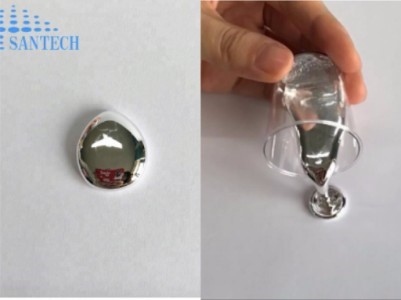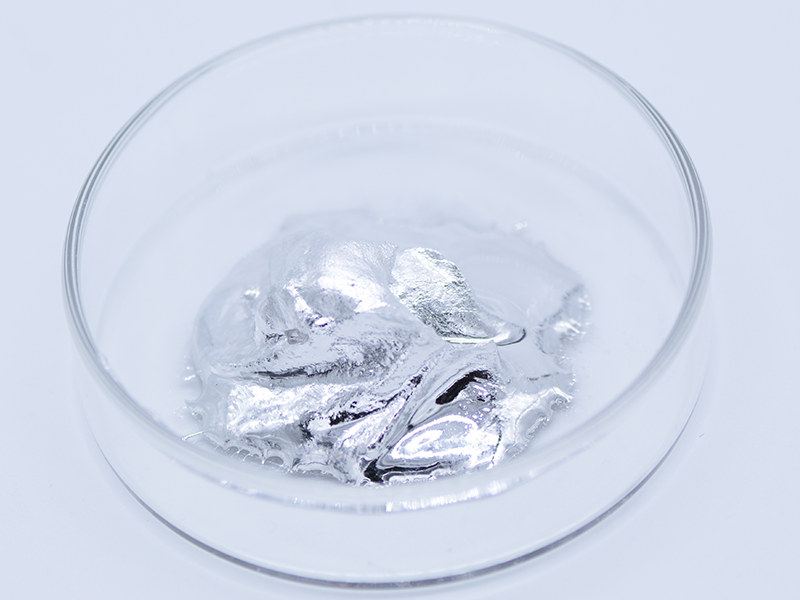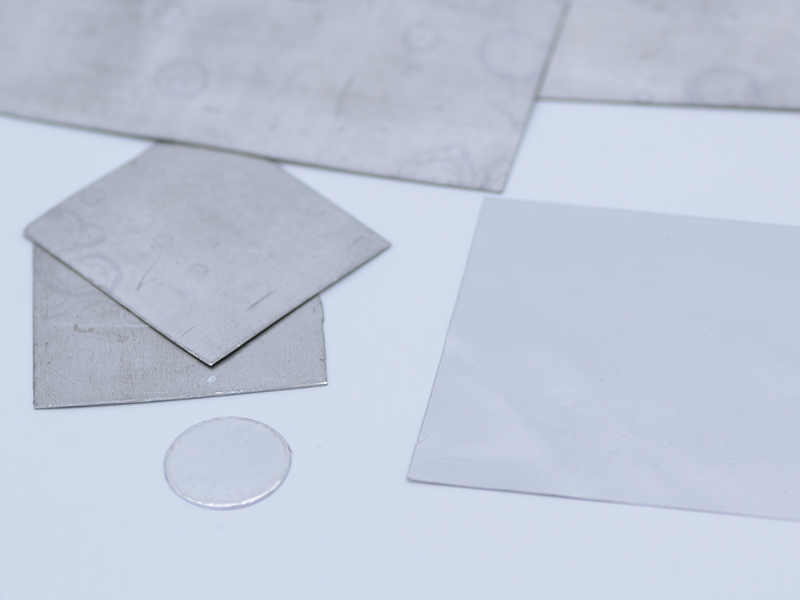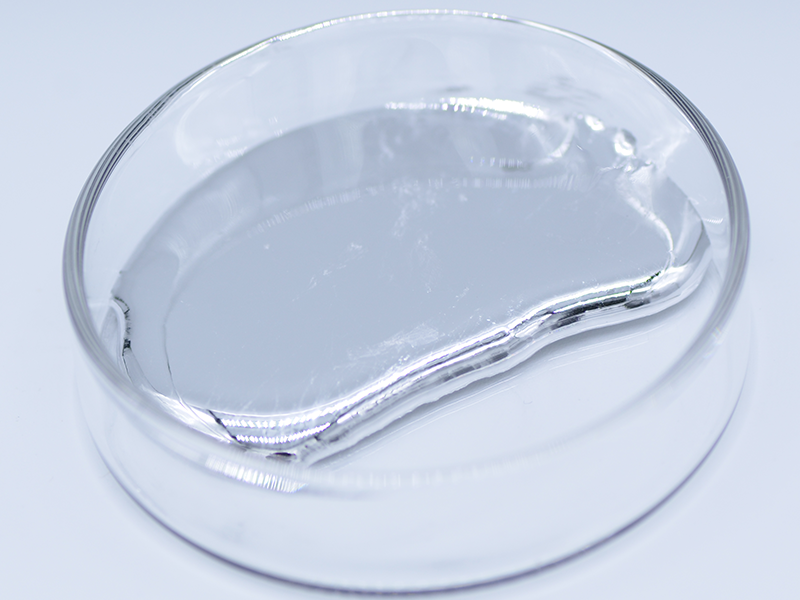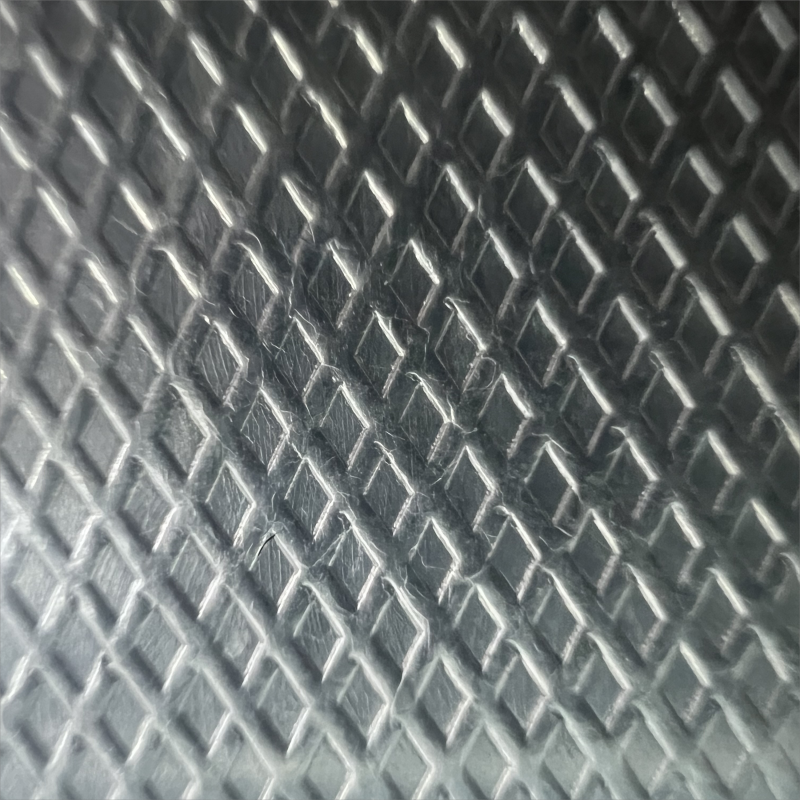The low melting point alloy and polymer
composite can be used not only for the preparation of composite materials with
high electrical conductivity, but also for the preparation of composite
materials with high thermal conductivity. In Japan, high thermal conductivity
plastics prepared by combining low melting point alloys with polymers have been
successfully developed.
Another form of polymer-based conductive
composites that use a low melting point alloy as a conductive filler is an
adhesive. In the electronics industry, in order to replace lead-containing
solders, conductive adhesives composed of polymer collectives and conductive
fillers such as silver sheets have been developed. However, such conventional conductive
adhesives have high and unstable connection resistance and low impact strength.
In order to improve it, a low-melting alloy was added to the conventional
conductive adhesive to produce a new conductive adhesive. The connection
structure of the new conductive adhesive was characterized by SEM, optical
microscope, etc. The results showed that after the resin was cured, a metal
connection was established between the conductive particles and between the
conductive particles and the circuit. This new type of conductive adhesive has
a much lower volume resistance than conventional conductive adhesives,
especially the connection structure formed in the circuit has a lower initial
continuous resistance, and a more stable connection resistance than using a conventional
conductive adhesive, all in the conductive adhesive The use of a low melting
point alloy as a conductive filler can reduce the adhesive resistivity and
improve the connection conductivity.
The combination of the low melting point alloy and the polymer can improve the processing property of the polymer. Under appropriate preparation conditions, the obtained composite material has high electrical conductivity and excellent mechanical properties. In other words, the price performance and performance of the material are perfectly unified. It is beyond any other filler system such as carbon black, carbon fiber, metal fiber, metal foil and so on. This shows that low melting point alloys are a very promising functional material.
